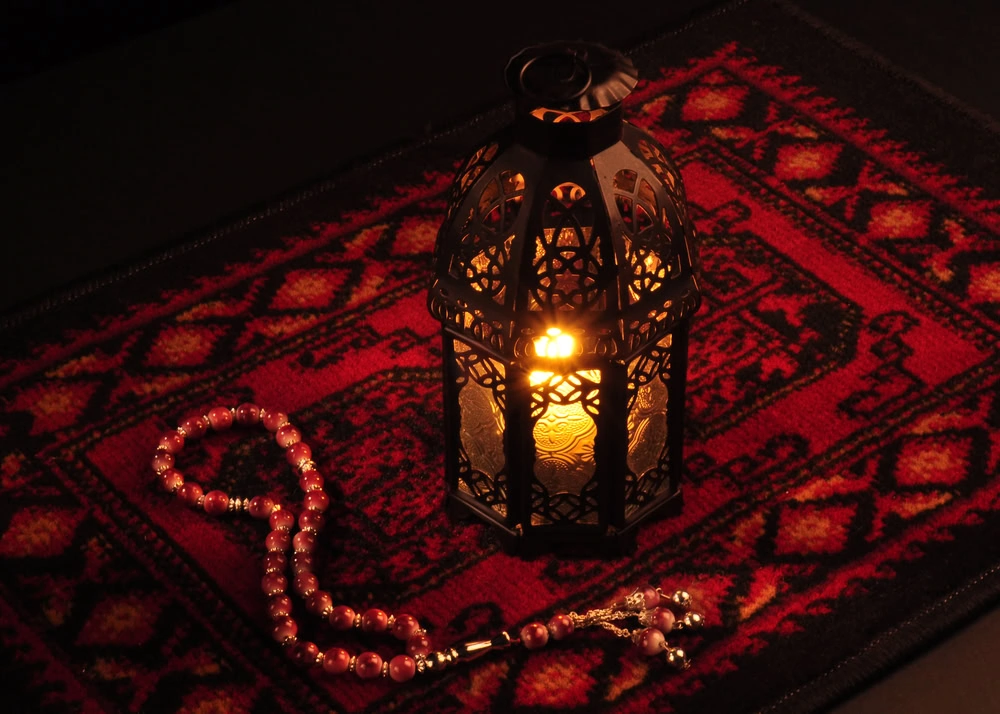What Is the Ruling of the Witr Prayer and Its Description?
Shafi'i Fiqh
Answered by Shaykh Dr. Mohammad Fayez Awad
Question
What is the ruling of the Witr prayer and its description?
Answer
All praise be to Allah (Most High), blessings and peace be upon our master Muhammad, the Messenger of Allah, his Family, his Companions, and those who follow him.
The Witr prayer is an emphasized sunna. It is named this because it concludes with one rak‘a, unlike the other prayers.
“The Witr, its minimum number of rak‘as is one, and the maximum read is eleven. Others have said that it is thirteen.” [Nawawi, Al-Minhaj]
Narrated on the authority of ‘Ali (Allah be pleased with him), who said that the Witr is not incumbent like your obligatory prayers; however, it is a sunna of Allah’s Messenger (Allah bless him and give him peace). [Tirmidhi]
The Time of the Witr Prayer
This is between the Isha prayer’s end and the Fajr prayer’s beginning. It is better to postpone it until after the night prayer (Qiyam al-Layl/Tahajjud).
The Messenger of Allah (Allah bless him and give him peace) said, “Allah the Exalted has given you an extra prayer which is better for you than the red camels (i.e. high breed camels), and it is the Witr prayer. Allah has appointed it for you between Isha and Fajr.” [Abu Dawud]
The Messenger of Allah (Allah bless him and give him peace) said, “Make the last of your night prayers the Witr.” [Bukhari; Muslim]
If a person wishes to pray the night prayer but fears that he may miss it, he should perform it (the Witr) after the fard of Isha and its sunna.
The Witr Prayer Described
The minimum to be prayed is one rak‘a, but it is disliked to limit oneself to one rak‘a.
The complete form consists of three rak‘as: two rak‘as followed by one rak‘a individually, with one taslim (salam) or two.
The utmost perfection is reading eleven rak‘as, giving salaam after every two rak‘as, and ending with one salaam.
Ibn ‘Umar (Allah be pleased with him) says, The Messenger of Allah (Allah bless him and give him peace) said, “the Witr is a rak‘a at the end of the night.” [Muslim]
‘Aisha reported that the Messenger of Allah (Allah bless him and give him peace) used to pray eleven rak‘as at night, observing the Witr with a single rak‘a. When he finished them, he lay down on his right side till the Mu’adhin came to him, and the Messenger of Allah (Allah bless him and give him peace) observed two short rak‘as (sunna of the dawn prayer).
Consequently, it is befitting for the seeker of good deeds to preserve the sunna of Witr prayer to follow the example of the Messenger of Allah (Allah bless him and give him peace).
References:
[Hashiya Qalyubi wa Umayra ala Sharh Al-Mahalli 1.213]
[Al-Minhaj by Imam An-Nawawi, p.36]
[Al-Fiqh Al-Manhaji ala Madhab Al Imam Al-Shaf‘i 1.215]
[Shaykh] Dr. Muhammad Fayez Awad
Shaykh Dr. Muhammad Fayez Awad, born in Damascus, Syria, in 1965, pursued his Islamic studies in the mosques and institutes of Damascus. A graduate of the Islamic University of Medina in 1985, he holds a Ph.D. in Islamic Studies from Bahauddin Zakariya University in Pakistan.
He has extensive experience developing curricula and enhancing the teaching of various academic courses, including conducting intensive courses. Shaykh Awad has taught Fiqh, Usul al-Fiqh, Quranic sciences, the history of legislation, inheritance laws, and more at several institutes and universities such as Al-Furqan Institute for Islamic Sciences and Majma‘ al-Fath al-Islami in Damascus.
He is a lecturer at the Sultan Muhammad al-Fatih Waqf University in Istanbul, teaching various Arabic and Islamic subjects, and teaches at numerous Islamic institutes in Istanbul. Shaykh Awad is a member of the Association of Syrian Scholars, a founding member of the Zayd bin Thabit Foundation, a member of the Syrian Scholars Association, and a member of the Academic Council at the Iman Center for Teaching the Sunna and Quran.
Among his teachers from whom he received Ijazat are his father, Shaykh Muhammad Muhiyiddin Awad, Shaykh Muhiyiddin al-Kurdi, Shaykh Muhammad Karim Rajih, Shaykh Usama al-Rifai, Shaykh Ayman Suwaid, Shaykh Ahmad al-Qalash, Shaykh Muhammad Awwama, and Shaykh Mamduh Junayd.
